Artisan Shops and a Hammock Cafe at 2k540
2k540 Aki-Oka Artisan is an unusually named shopping precinct located fittingly 2.54 kilometers from Tokyo Station. This method of measuring distances out of Tokyo was instigated in the Meiji era, and to this day travelers in and around Tokyo can find stone markers recording their location’s position in relation to the city center. 2k540 is intrinsically bound to the values, culture and history of Japan, but chooses to express this in a contemporary and on trend manner.
Situated underneath the tracks of the JR line about halfway between Akihabara and Okachimachi stations, 2k540 mimics the izakaya and bars that huddle under so many of Tokyo’s elevated train tracks. But that is all that this shopping arcade has in common with them. Stark white walls and black asphalt floors with recessed lighting lead the shopper into a delightful venture through shops proudly creating and selling “made in Japan” items.
Not just for tourists, these shops are more often than not run by the artisans and craftspeople who make the goods. There are many leather workers and jewelry makers here, along with fabric designers and quirky interior decorator shops. Wood workers and contemporary furniture makers are also present. Yet this is not a crafters fair or market. The goods on display here are sophisticated and upmarket.
There is also a good sense of fun at 2k540. The Asan Cafe serves light lunches, cakes, organic teas and coffees. It is also known as a “hammock cafe.” Against one wall is a row of individual hammocks that swing suspended from the ceiling. Whilst this makes drinking tea a little difficult, it is a very relaxing way to check your phone or use one of the supplied iPads to check in and update your status. If you happen to nod off, the very helpful staff will give you an hour of peace before gently asking you to move along.
Another whimsical shop sells only tengui, the long, thin cotton towels that are used for just about everything. This store also sells the fabric for tengui by the meter and made up into children’s clothes and fashion accessories. The patterns and designs are incredibly diverse and colorful.
My fancy was taken by a shop selling scarves and shawls made of silk, wool or a cotton and linen mix. The process to create these gossamer thin pieces is based on traditional Japanese methods and uses organic dyes. Indeed, many of the garments on sale at 2k540 have a beautiful traditional feel and look that has been tweaked to suit both modern and foreign tastes. A felt maker sells dramatic coats and hats that would not look out of place at any theater opening in the world. Elsewhere, traditional workmen’s pants and jackets are made of indigo and red cotton for a more contemporary market.
The jewelry shops run the gamut of beads and trinkets to upmarket acrylic bangles and earrings, including the very desirable acrylic Issey Miyake wrist watches. Nearby, a cobbler sells incredibly beautiful men’s suede shoes made in every color of the rainbow. Of course, traditional crafts using materials such as washi paper, bamboo and straw are also available. An amazing array of traditional brooms made using the most involved and precise techniques are on display alongside their equally amazing prices.
A small artist’s atelier holds painting classes several times a week. Groups of between six and eight learn to paint flowers and scenes and to decorate china. The group I saw were a happy bunch who generously showed me their work and encouraged me to join in. Only time pressure prevented this from happening, but maybe next time.
The homeware stores are showcases for modern Japanese design at its best. From small pieces such as chopstick rests and perfectly lacquered chop sticks to eclectic bamboo kitchen tools, there is something to entice everyone here. Wooden bow ties and ceramic apples and pears continue the sense of fun that runs through some of the shops. A more serious and traditional shop sells made-to-order chests to store kimono and deceptively simple bamboo lamps which would sit well in any decor.
A visit to 2k540 is a deeply satisfying journey through the style, traditions and innovation of Japanese design. Fully under cover with lots of parking nearby, notwithstanding the close proximity of several train stations, 2k540 is a great day out no matter what the weather.
The Deets
Address: 5-9 Ueno, Taito-ku, Tokyo
Open: Thu–Tue, 11 a.m.–7 p.m.; closed Wed

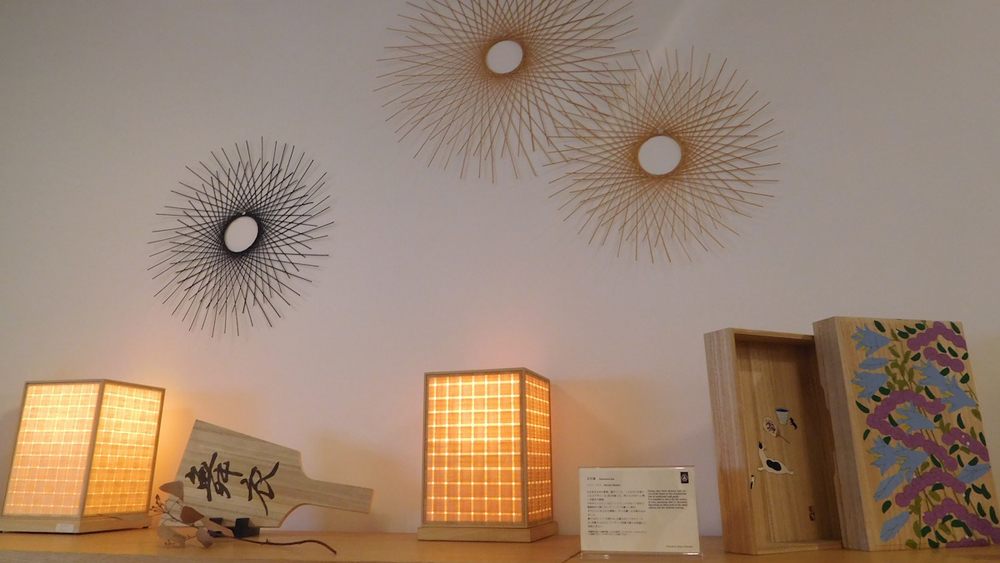
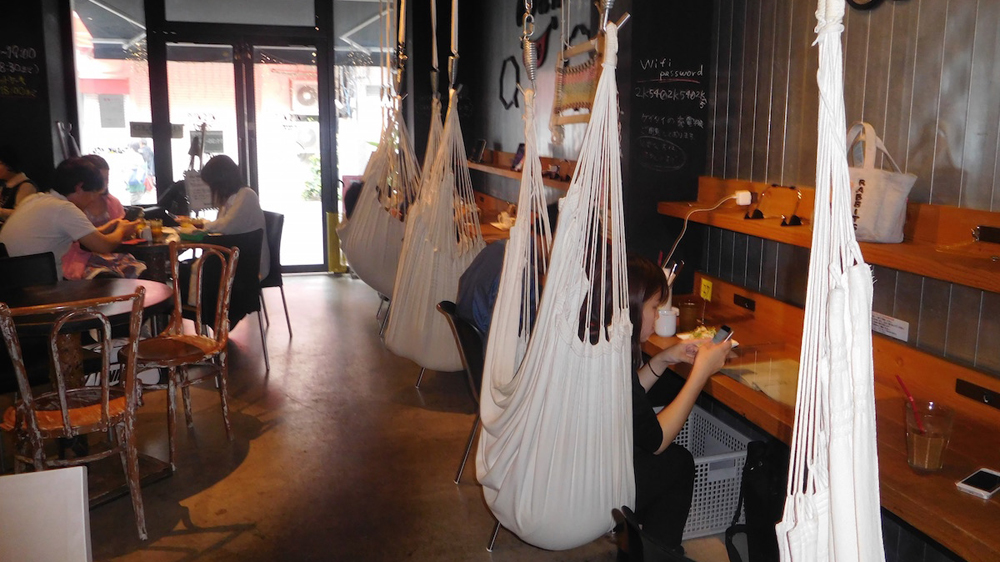
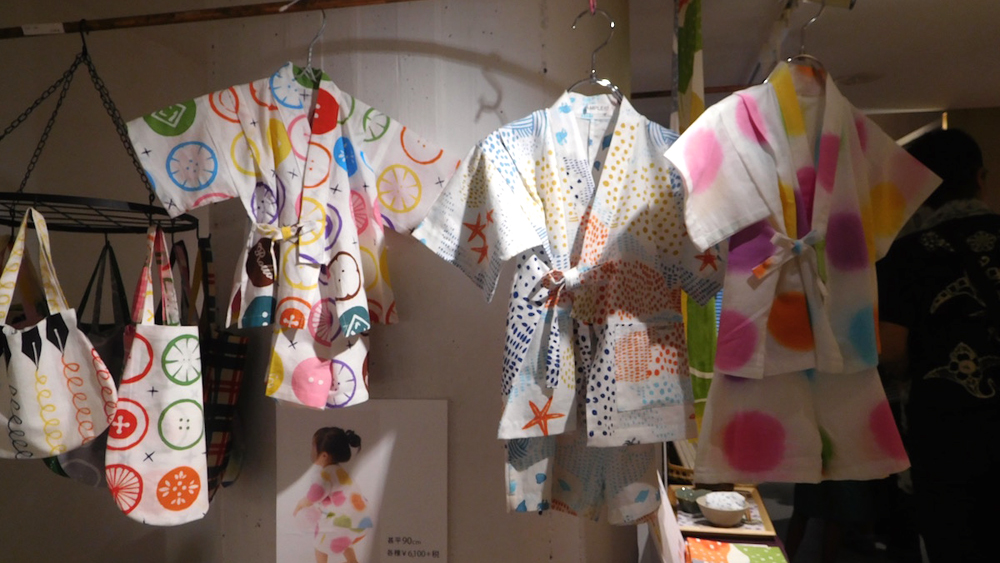
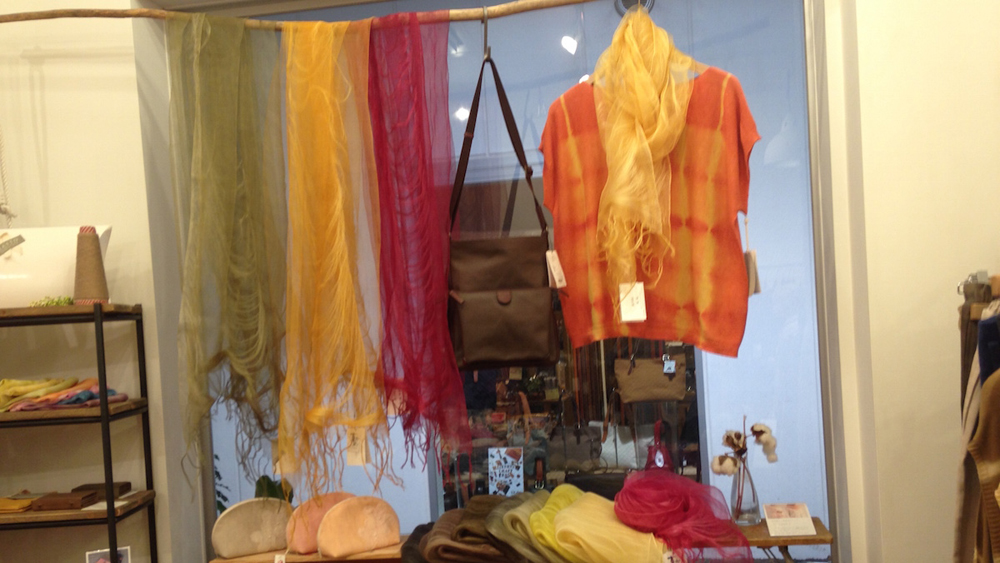
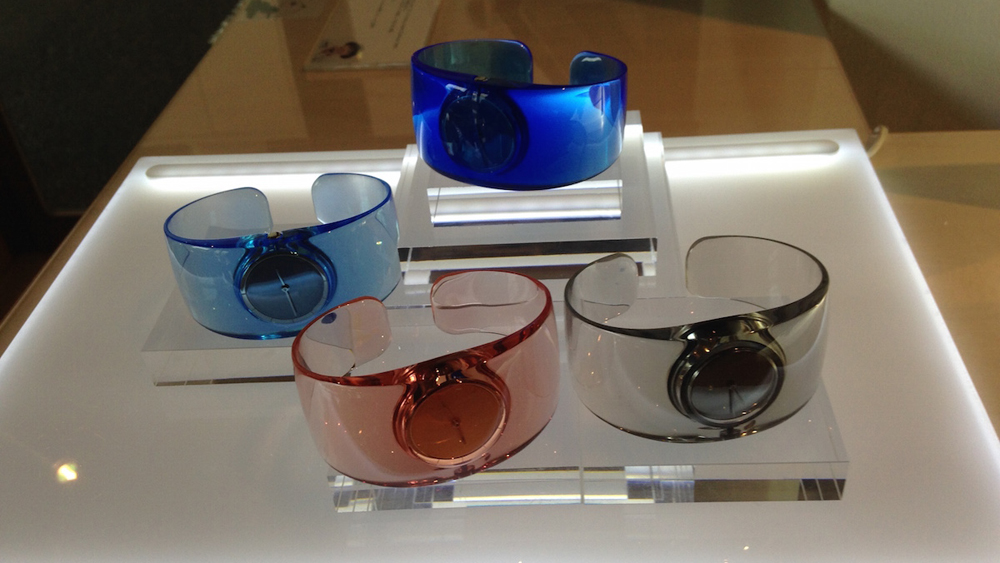
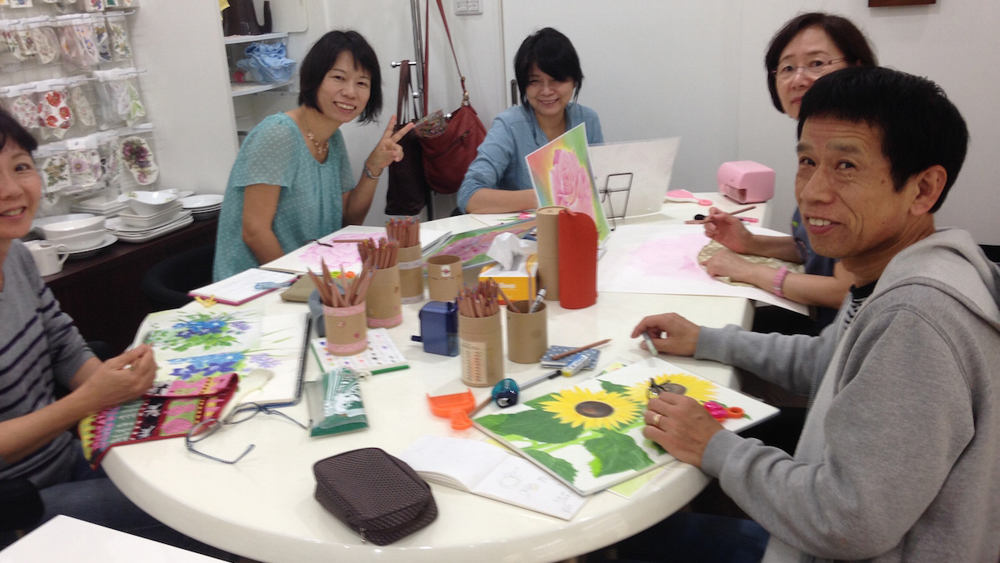
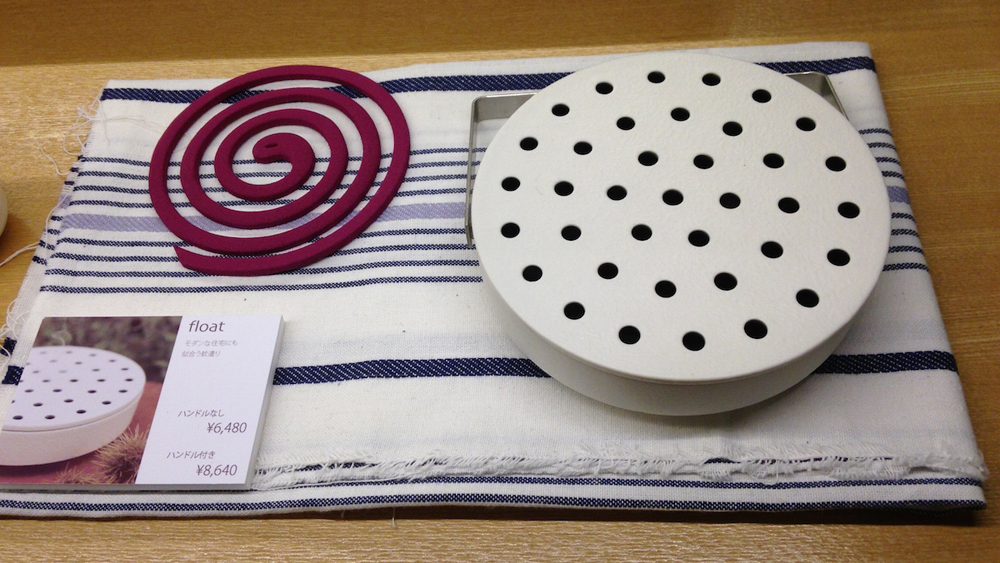
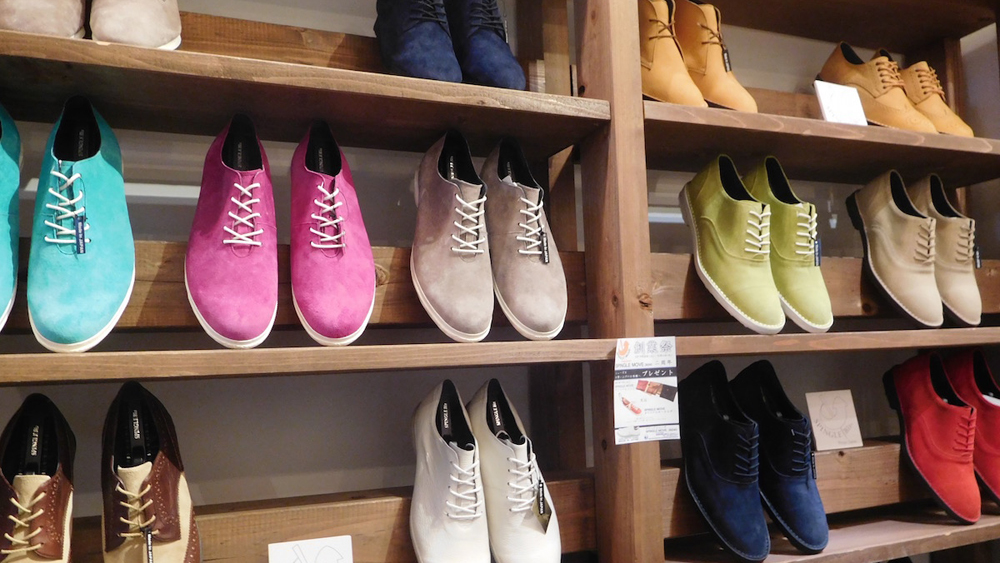


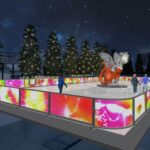

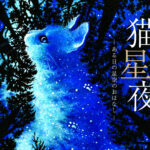






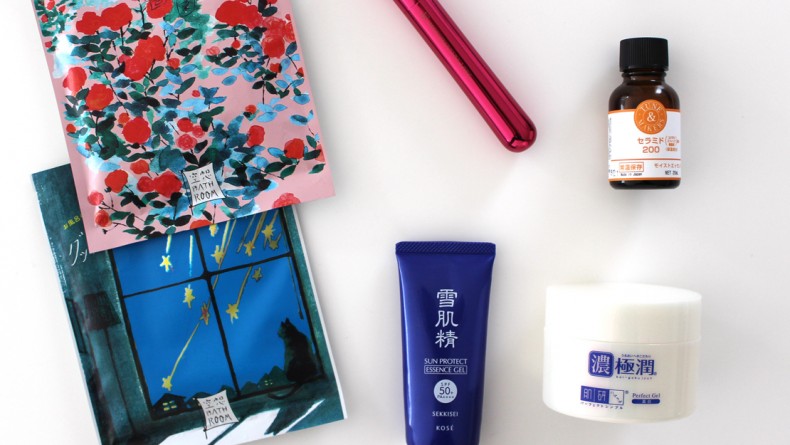
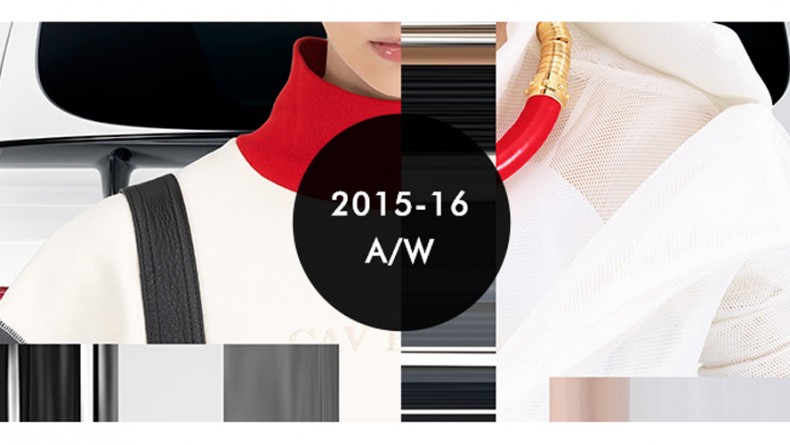
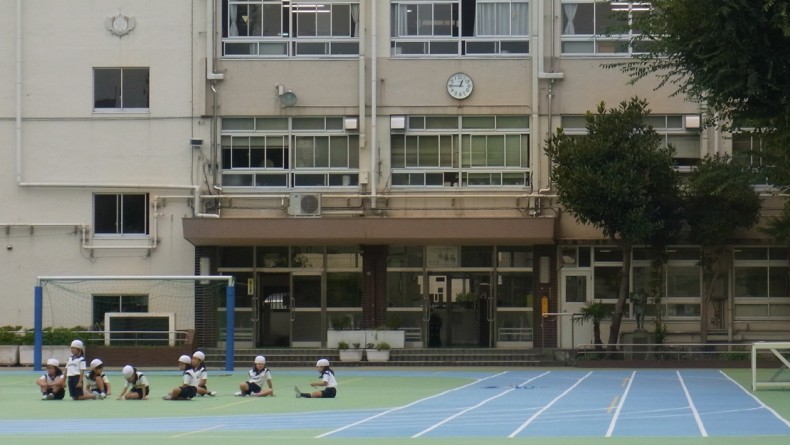
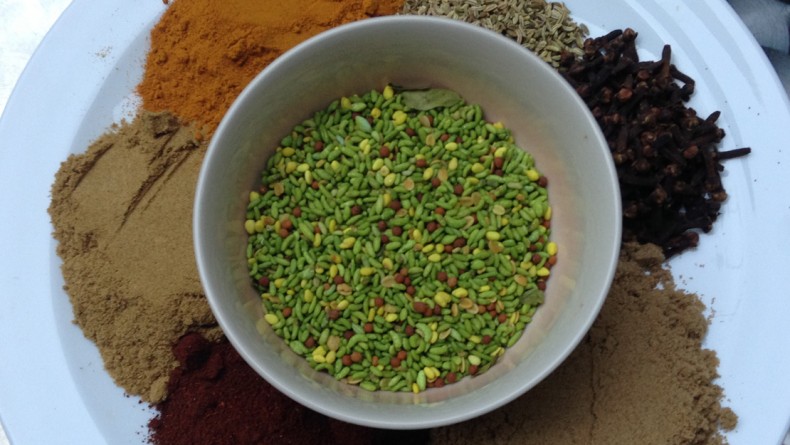
Leave a Reply